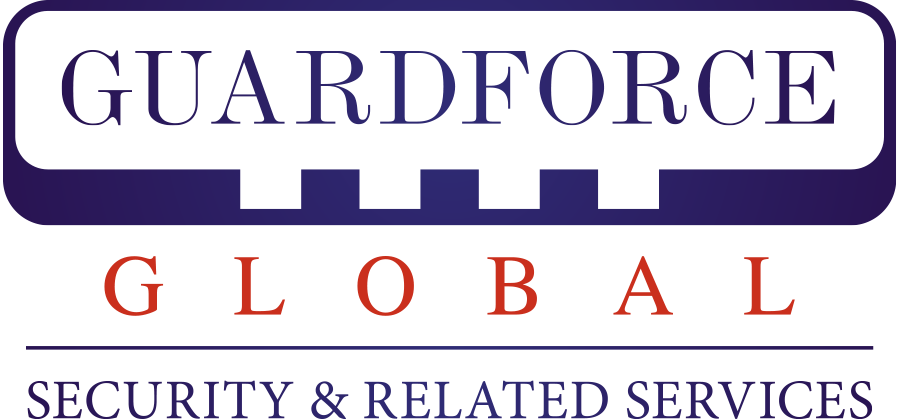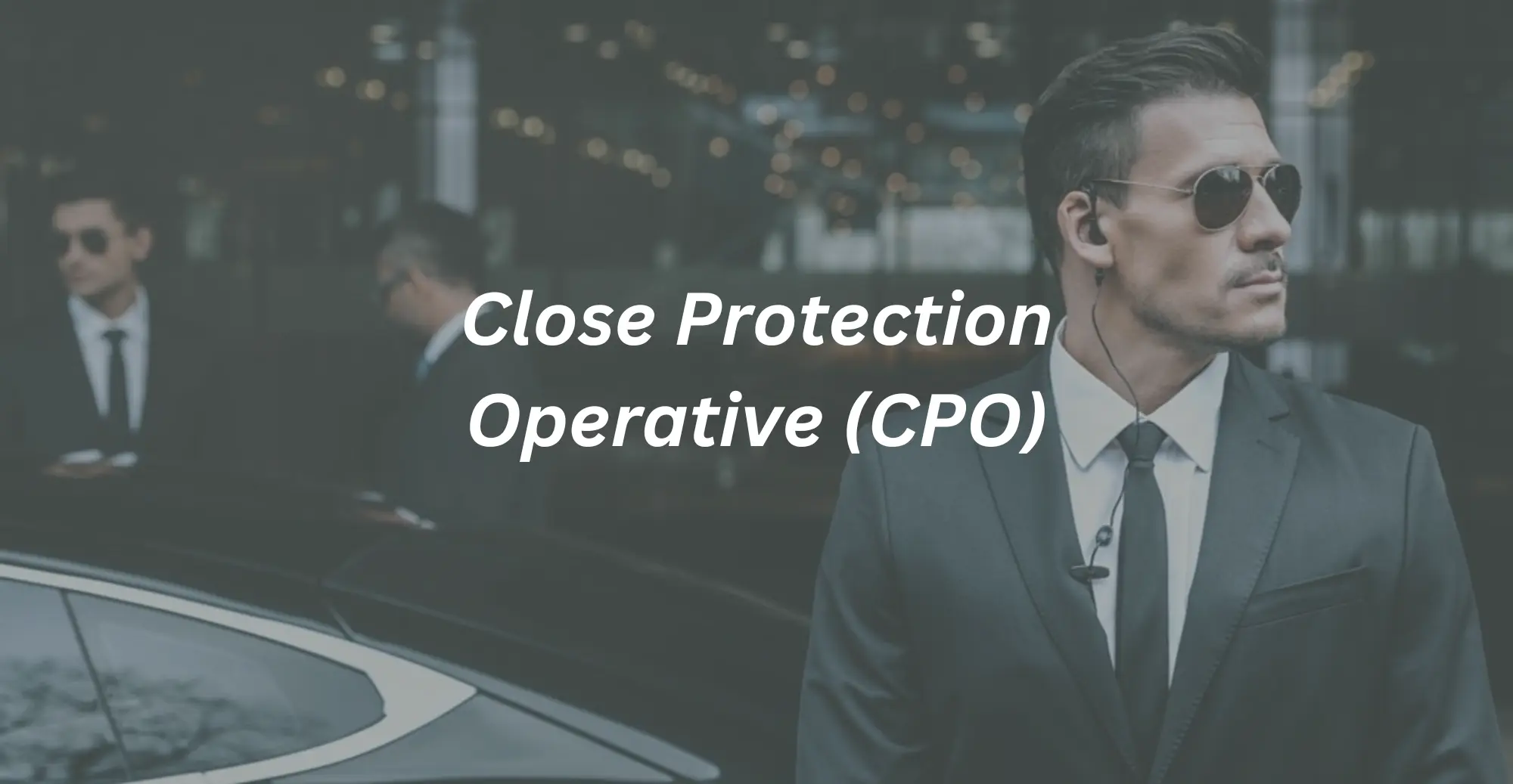In today’s world, security is paramount, especially for high-profile individuals such as celebrities, politicians, business leaders, and others who face potential threats due to their status or occupation. One of the most specialized forms of security is close protection, a service provided by close protection operatives (CPOs). Often referred to as close protection officers (CPOs) or personal protection officers (PPOs), these professionals are trained to ensure the safety and security of their clients through various methods, including risk assessment, evasive driving, and advanced defensive techniques.
In this blog post, we will explore the roles and responsibilities of close protection operatives, the importance of their work, and the skills required to become an effective CPO.
What is Close Protection?
Close protection is a form of security service that involves the provision of personal safety and protection to individuals at risk. The goal is to ensure that the person under protection is safe from threats or potential harm. This service is tailored to meet the specific needs of the client, depending on factors such as their lifestyle, profession, and level of threat. Close protection services are commonly used by high-net-worth individuals, corporate executives, government officials, and celebrities, among others.
A close protection officer (CPO) is responsible for managing and executing security protocols to minimize risks and threats to their client. They work in collaboration with other security personnel, local law enforcement, and medical teams to create a comprehensive protection plan.
The Role of a Close Protection Operative (CPO)
A close protection operative is tasked with providing both visible and covert security to individuals who may be at risk of harm. The role can vary depending on the specific assignment, but in general, a CPO is responsible for the following key duties:
1.Risk Assessment and Threat Analysis
Before any security measures are implemented, the close protection officer must conduct a thorough risk assessment. This involves identifying potential threats to the client’s safety, such as physical attacks, kidnappings, or other forms of harm. CPOs need to evaluate both immediate and long-term threats, taking into account factors like the client’s profession, past incidents, and geographical locations.
In addition to direct threats, CPOs must also consider potential risks from the client’s environment, such as travel routes, venues, and locations where public appearances may occur. With this information, the CPO can devise a detailed protection strategy to mitigate the identified risks.
2. Physical Protection and Security Planning
Once the risk assessment is complete, the close protection operative moves on to devising a security plan tailored to the client’s needs. This plan may involve protective measures like:
- Personal protection: The CPO may provide direct, on-site physical security, such as accompanying the client during daily activities or travels.
- Evasive driving: If the client is traveling, CPOs are trained in defensive driving and evasive tactics to avoid potential threats such as tailing or ambushes.
- Route planning: CPOs design safe travel routes and schedules, avoiding dangerous or high-risk areas whenever possible.
- Secure accommodations: When traveling, CPOs ensure that the client’s hotel or place of residence meets security standards, including surveillance, access control, and emergency exits.
3. Crowd Control and Public Interaction
For high-profile clients who frequently engage with the public, CPOs must be skilled in managing crowd control. They need to ensure that the client is protected from overzealous fans or individuals who may have malicious intent. CPOs are trained in communication techniques to politely but firmly handle public interactions while maintaining control of the situation.
In many cases, close protection officers work in coordination with local law enforcement to ensure that the client’s safety is prioritized during public events, conferences, or social gatherings.
4. Emergency Response and First Aid
In the event of an emergency, the personal protection officer must be ready to act quickly and decisively. CPOs are typically trained in first aid, CPR, and emergency medical procedures. They are prepared to administer first aid if the client or others are injured during an attack, accident, or other crisis situations.
In addition to medical response, close protection operatives are trained to handle emergency evacuation plans, including how to get the client to safety in the event of a terrorist attack, natural disaster, or other threats to their security.
5. Confidentiality and Discretion
A core responsibility of any close protection officer is maintaining confidentiality. Due to the sensitive nature of their work, CPOs must exercise discretion and avoid sharing details about the client’s whereabouts, activities, or security measures with unauthorized individuals. This is especially important when dealing with high-profile individuals who have a public persona.
Requirements to Become a Close Protection Operative (CPO)
Becoming a close protection operative (CPO) requires a combination of qualifications, skills, and experience. This ensures that CPOs can handle the demanding nature of their responsibilities while maintaining a high level of professionalism. Below are the essential requirements for anyone aspiring to enter this field:
1. Licensing and Certifications
In many countries, including the UK, obtaining a license is mandatory to work as a CPO.
- SIA License: In the UK, the Security Industry Authority (SIA) license is a legal requirement for all individuals providing close protection services. To obtain this license, candidates must complete approved training courses and pass relevant assessments.
- First Aid Certification: A valid first aid qualification, such as Emergency First Aid at Work (EFAW), is also required before pursuing close protection training.
2. Professional Training
Aspiring CPOs must undergo specialized close protection training, which includes:
- Risk assessment and threat analysis
- Defensive driving and evasive maneuvers
- Surveillance and counter-surveillance techniques
- Close-quarters combat (CQC) and self-defense
- Emergency response and crisis management
This training equips operatives with the necessary skills to handle a wide range of scenarios while protecting clients effectively.
3. Physical Fitness
Close protection is a physically demanding job. CPOs are often required to:
- Stand for extended periods
- Respond quickly to physical threats
- Protect clients in high-pressure situations
- Maintaining excellent physical fitness is essential to perform these tasks effectively.
4. Strong Communication Skills
CPOs must communicate clearly and assertively in various situations, whether it’s coordinating with other security personnel, giving instructions during emergencies, or interacting with the public.
5. Security and Tactical Knowledge
A thorough understanding of security systems, surveillance equipment, and counter-surveillance techniques is vital. Knowledge of how to secure venues, travel routes, and accommodations is also required
6.Driving Expertise
Proficiency in defensive and evasive driving techniques is often necessary for CPOs who accompany clients during travel. This skill ensures safe and secure transportation, even under high-pressure conditions.
7. Discretion and Professionalism
CPOs handle sensitive information about their clients and must maintain strict confidentiality. Discretion and professionalism are critical to building trust with clients and ensuring their safety.
8. Background Checks and Experience
Most employers require CPOs to undergo background checks. Having prior experience in law enforcement, military, or other security roles is often an advantage, as these backgrounds equip candidates with valuable skills.
9. Additional Language Skills (Optional)
For international assignments, knowledge of additional languages can be a significant asset, especially when dealing with local authorities or traveling to non-English-speaking countries. By meeting these requirements, individuals can pursue a rewarding career as a close protection operative and provide world-class security services to their clients.
Key Skills and Training for Close Protection Operatives
Becoming a close protection operative requires a specific skill set, extensive training, and real-world experience. Some of the key skills and attributes that a successful CPO must possess include:
1.Physical Fitness and Self-Defense
CPOs must be in excellent physical condition to respond to threats effectively. Physical fitness is crucial, as the role often requires endurance, strength, and the ability to react swiftly in dangerous situations. CPOs undergo rigorous self-defense and combat training, including close-quarter combat techniques and advanced tactical CPO training.
2.Driving Skills
Since close protection officers frequently drive clients to various locations, advanced driving skills are essential. CPOs must be trained in defensive driving, evasive maneuvers, and handling high-pressure driving situations. This includes the ability to handle vehicles under extreme conditions, such as during a potential ambush or when escaping from a dangerous situation.
3.Communication and Negotiation
Effective communication skills are essential for a personal protection officer to manage various situations, both with clients and with the public. CPOs must also be skilled in negotiation, de-escalating potentially violent situations, and maintaining control during chaotic moments.
4. Security and Surveillance Knowledge
A good close protection operative must be knowledgeable about security technology, including surveillance systems, alarm systems, and electronic countermeasures. They should also be capable of assessing the security of buildings, vehicles, and public spaces to ensure the client’s safety.
5.Situational Awareness
One of the most important skills a CPO must have is situational awareness. They must constantly monitor their surroundings, assess potential risks, and respond quickly to emerging threats. This also involves anticipating potential dangers before they become a real issue.
The Importance of Close Protection in Modern Security
In an age where threats to individuals are constantly evolving, close protection is becoming more vital than ever. With increased concerns about terrorism, crime, and personal safety, having a skilled close protection officer provides peace of mind for clients who need an extra layer of security. Whether it’s a political figure, a CEO, or a celebrity, close protection allows them to focus on their work and personal lives without the constant worry of potential threats.
Guard Force Security: Providing Close Protection Services in the UK
At Guard Force Security, we specialize in providing professional close protection services tailored to meet the unique needs of our clients. Our team of highly trained close protection operatives (CPOs) is equipped with the skills and expertise to ensure your personal security and peace of mind.
Whether you require personal protection officers for a high-profile event, travel security, or day-to-day protection, Guard Force Security is here to help. Get in touch with us today to learn more about how we can assist you with top-tier close protection services in the UK.




